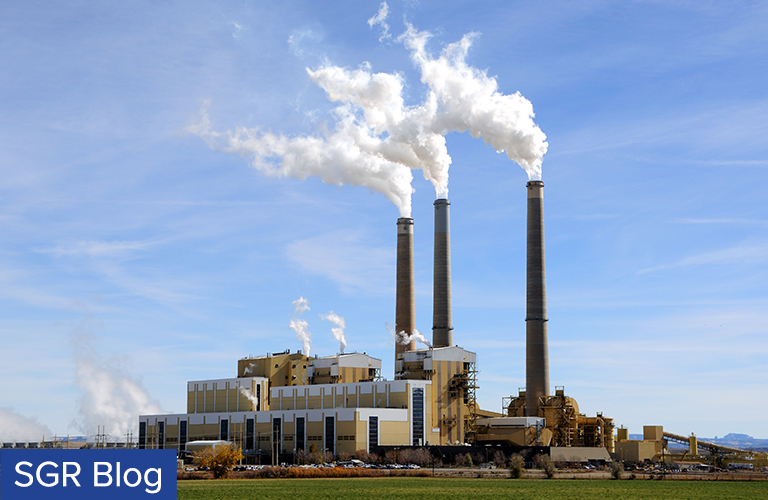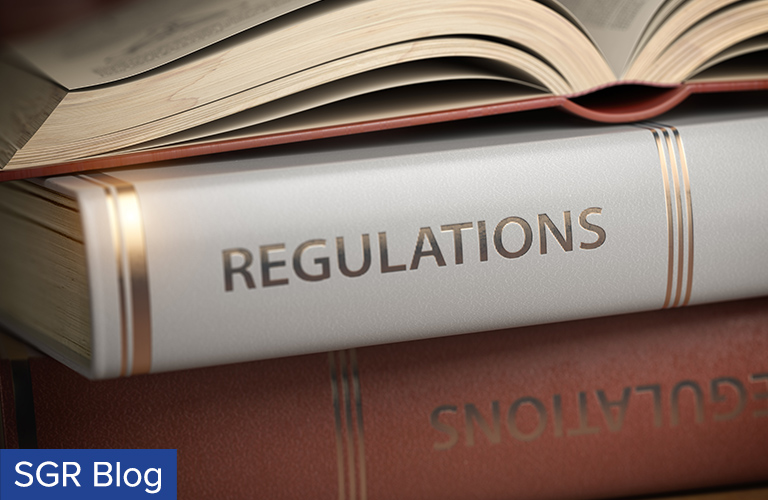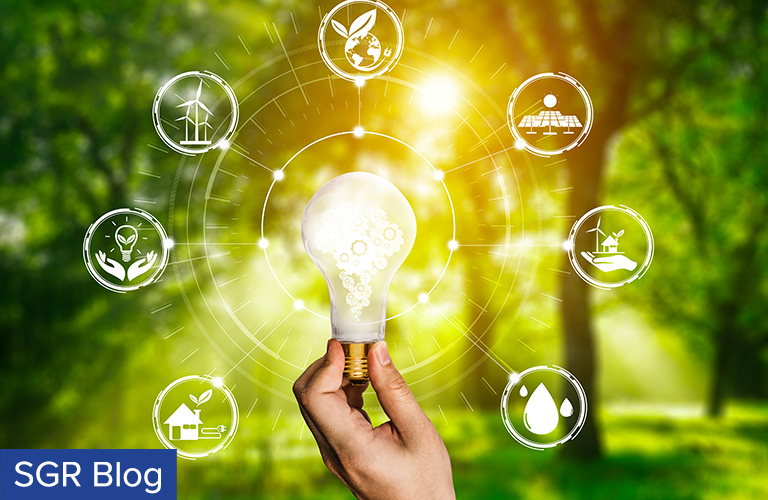
On March 21, 2022, the Securities and Exchange Commission (“SEC”) proposed rules that would require public companies to disclose extensive, climate-related information in their SEC filings. The proposed rules would require companies to disclose climate-related risks that are reasonably likely to have a material impact on a public company’s business, results of operations, or financial condition. In addition, companies would be required to report greenhouse gas emissions in a statement prepared by a certified, greenhouse gas attestation provider. The proposed rule is open for comment through at least May 21, 2022, and it is anticipated that significant comments will delay… Read more




